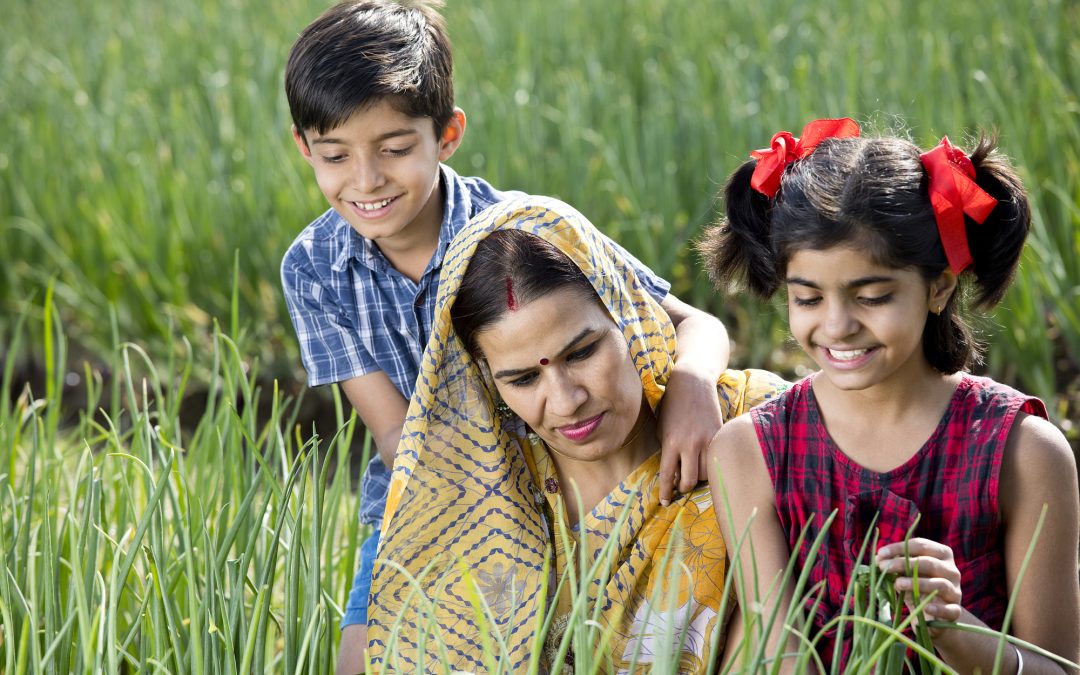
by admin | Apr 10, 2024 | social and behavioural sciences
India has seen impressive economic and institutional growth in recent years, but the country isn’t yet meeting its full potential. In a world that is increasingly volatile and uncertain, how can India overcome its challenges and ensure resilience into the future? In her recent work, Professor Uma Lele explores various ways that India can achieve this.

by admin | Mar 6, 2024 | arts and humanities, social and behavioural sciences
Policy decisions are influenced by many factors, from the ideology of the policymaker and their advisors to political expediency. Most would also agree that key political decisions should be evidence-based. However, this is easier said than done. Understanding what evidence policymakers need, and how they should evaluate this, is key for more robust decision-making.

by admin | Feb 7, 2024 | health and medicine, social and behavioural sciences
High blood pressure, also known as hypertension, is a common and potentially dangerous condition that increases the risk of many severe medical issues, including heart disease, heart attack, stroke, heart failure, and kidney disease. Dr Abayomi Sanusi, a researcher at the University of York, recently carried out a study exploring how faith-based institutions could encourage their community members to adopt healthy behaviours that can reduce hypertension.

by admin | Jan 31, 2024 | social and behavioural sciences
During the COVID-19 pandemic, many people across the globe changed the way they worked, to comply with social distancing measures. Many people worked from home, and attended meetings virtually using videoconferencing platforms. Dr Eva Straus, Dr Lars Uhlig, Professor Jana Kühnel, and Professor Christian Korunka at the University of Vienna recently carried out a diary-based study exploring the wellbeing, perceived productivity, and professional engagement of remote workers during the pandemic.

by admin | Dec 7, 2023 | health and medicine, social and behavioural sciences
Fibromyalgia is a relatively common and yet poorly understood condition characterised by chronic diffuse pain and stiffness, chronic fatigue, poor sleep and cognitive difficulties. Ria Nishikawara at the University of British Columbia and her collaborators Dr Izabela Schultz, Dr Lee Butterfield, and John Murray, carried out a study exploring the unique healthcare experiences of patients diagnosed with fibromyalgia. Their aim was to determine what patients found most helpful and how the available services could be improved.

by admin | Nov 1, 2023 | education & training, social and behavioural sciences
Studies suggest that children who rely more on vision from their left eye could be more likely to develop dyslexia if they learn to write using pathways in the right brain hemisphere. Dr David Mather, a researcher at the University of Victoria, recently published a paper reviewing these findings. He outlines a proposed approach to teaching writing skills that could prevent these children from developing dyslexia. This approach involves teaching children to write when they are 7 or 8 years old, when the human brain is better at mapping and memorising entire words.
Page 1 of 1612345...10...»Last »






